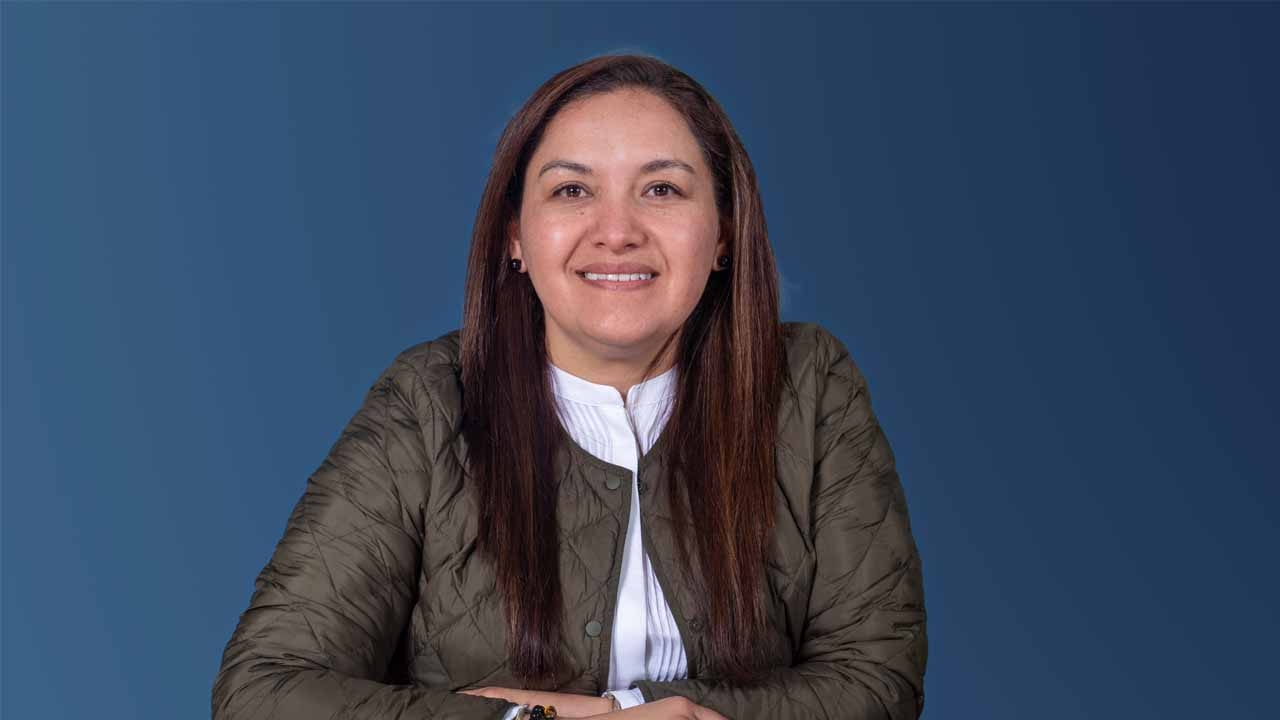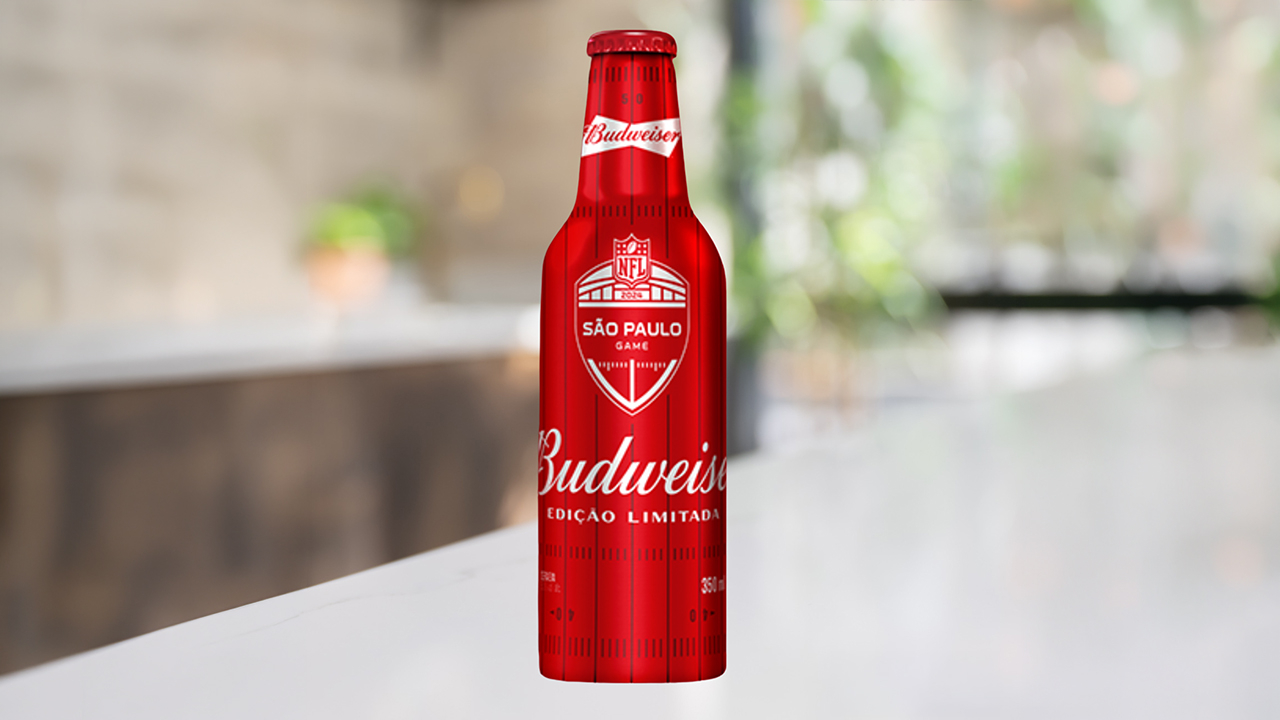In conversation with Laura Reyes Castellanos
Making a pact with plastics.

Laura Reyes Castellanos, executive director at CEMPRE
Laura Reyes Castellanos, executive director at CEMPRE – The Business Commitment to Recycling – and keynote speaker at Label Summit Latin America 2024, gives us a preview of what she’ll be covering in her conference session at the two-day event.
Question: Welcome Laura, it’s great to have you join the Label Academy hosted Label Summit Latin America keynote session covering the Colombia Plastics Pact. Without giving too much away, tell us a bit about what you will be presenting in your session, and why….
Laura Reyes Castellanos: In this conference I will tell the attendees what the Plastics Pact model is about and how it is being implemented in Colombia by the companies and organizations from different sectors that have joined together. Also, we will address success stories of eco-design and national labeling and examples from the Pact Network that, without a doubt, can inspire many more changes and transformations in the industry.
Q: Can you give us some background to the Plastics Pact – what are they, where are they, and how did Colombia’s come about?
LRC: The Colombia Plastics Pact is an integral part of a model promoted by the Ellen MacArthur Foundation and a large global network made up of 14 national and regional pacts that aim to accelerate the circular economy of plastics and, thus, contribute to the solution of the pollution problem in the world. The Colombia Plastics Pact has the technical and strategic support of the climate action organization WRAP.
All of these pacts are aligned on common objectives such as eliminating plastic containers and packaging that are difficult to circulate; promoting eco-design while always thinking about reuse, recycling and composting; increasing reuse rates and, something very important in order to maintain value in the market: increasing the reincorporation of containers and packaging in new similar products.
How did the Plastics Pact come to Colombia? Thanks to its knowledge and ability to mobilize the circular economy, CEMPRE was chosen by WRAP to coordinate the Plastics Pact in Colombia. In this way, it began to be structured in 2022 and was officially launched in 2023.
Q: How do you foresee the Colombia Plastics Pact will impact industry in the region over the next five years?
LRC: The impact of the Plastics Pact on the region's industry is, and will continue to be, very positive, thanks to the following:
The Pact is a private and voluntary initiative made up of companies that are committed to moving forward together in what may be impossible individually. Hand in hand with the industry and in line with the sectoral transformation goals, the Pact is aligned with the national goals for 2030 to accelerate the circular economy, promote regulatory development, enabling circularity with a focus on prevention, optimization and use.
The Pact seeks to contribute to the development of policies and a legal framework that enables consumption and production aligned with new business models in products and services which have circular economy, social inclusion and environmental and economic sustainability as criteria.
The collaboration with WRAP as a technical and strategic partner offers a valuable opportunity to manage knowledge and learn from the achievements of the regional pacts in Chile and Mexico. This drives the transition towards circular business models led by companies that have a significant impact in the region. The harmonization of public models and policies plays a crucial role in the national success of these initiatives.
Q: Since Colombia hosted the World Economic Forum in 2016, what changes have there been in the attitude towards plastic production and disposal in Colombia and the wider region?
LRC: Colombia hosted the World Economic Forum in 2016, and since then, measures to reduce the amount of plastic in landfills and oceans through recycling have been clearer. Likewise, and recently, the reuse model has been paving the way in policy-building spaces and technical discussions focused on prevention.
In 2016, Conpes 3874 of the National Policy for the Comprehensive Management of Solid Waste was published and, then, in 2018, the National Circular Economy Strategy was launched, from which the National Roundtable for Sustainable Plastic Management was formed with the leadership of the Ministry of the Environment.
In that year, the Extended Producer Responsibility of containers and packaging was also regulated and the negotiation process of what is today the Single-Use Plastics Law (Law 2232 of 2022) began. Since then, in less than 10 years, Colombia has been able to contribute, with its leadership, the experience it has had in the formalization of professional recyclers and the implementation of the REP, as well as the specific cases of circularity that the plastic industry leads in national, regional and global negotiations for the Global Plastics Treaty.
This is also reflected in the Development Plan where the Zero Waste model is adopted as a Government plan, which, without a doubt, already proposes a joint change in the production and consumption model that not only depends on the plastic industry, but of the country's mobilization towards efficiency and sustainable development.
Q: How can you tell greenwashing and greenhushing from a genuine desire to contribute to the circular economy?
LRC: It is essential that all organizations transmit the transparency and authenticity of their actions in favor of the circular economy in order to avoid greenwashing and greenhushing. First of all, it is important to timely communicate tangible and verifiable data on the positive impact of your practices to interest groups and provide tools and information that inspire the adoption of new production and consumption habits.
Certifications, third-party audits, participation in collaborative platforms such as the Plastics Pact, long-term communication strategies are actions that can help differentiate efforts to contribute to the circular economy from less authentic practices such as greenwashing or greenhushing.
At CEMPRE we work collaboratively and rely on measurable and traceable data and impacts to help organizations achieve material neutrality.
Q: What single piece of advice would you give to label and package printing converters in Latin America regarding plastics disposal – where should they start?
LRC: This is the time to accelerate innovation processes. You need to know the environmental impacts generated by these products, not only in the production or final disposal stage, but throughout their life cycle.
You also need to identify materials and processes that facilitate packaging. Elements such as adhesives, inks and alternatives that different producers are generating invite us to change the ways in which the market responds.
It is also important to know the complete system. In some cases, labels may have a low environmental impact, but the consumer does not know how to facilitate management (the benefit of a bottle can improve the income of the professional recycler by up to 35-40 percent). Encouraging customers to raise awareness among users of labeled products is a highly impactful action.
Our invitation from CEMPRE to organizations is to invest in the development of chains that guarantee reintegration and understand the challenges of their clients and consumers. And the Plastics Pact is a great platform to achieve this.
Q: What are you most looking forward to seeing at Label Summit Latin America 2024?
LRC: This event represents a great opportunity to learn about innovations and technologies with regards to the labeling and packaging industry. The latest packaging design trends and the way they align with sustainability strategies in organizations are crucial topics to elevate the conversation around the circular economy of packaging.
See Laura present 'Keynote address: The Colombia Plastics Pact' from 12.30 – 1.30pm on 12 March 2024.
For the full program of Label Summit Latin America, visit the event's website.
Stay up to date
Subscribe to the free Label News newsletter and receive the latest content every week. We'll never share your email address.


